The Science Behind Hair Density: Understanding Your Hair's Thickness | |
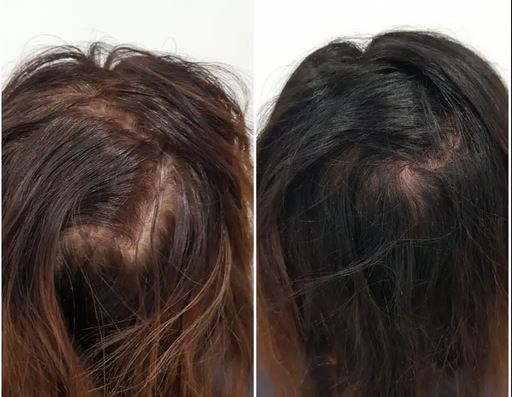
| |
Hair density refers to the number of hair strands per square inch on your scalp. Understanding your hair's thickness and density can help you make informed decisions about styling, hair care, and even hair loss treatments. In this article, we will delve into the science behind hair density, its factors, and how to determine your own hair density. What Determines Hair Density?Hair density is influenced by several factors, both genetic and environmental. These factors include:
How to Determine Your Hair DensityDetermining your hair density can be done through a simple visual assessment. Follow these steps:
Hair Density and Hair CareUnderstanding your hair density can help you tailor your hair care routine to meet the specific needs of your hair. Consider the following tips: 1. Choosing Hair ProductsSelecting the right hair products can make a significant difference in managing your hair density. For individuals with low density, lightweight and volumizing products can help create the appearance of fuller hair. Those with high density may benefit from products that provide moisture without weighing the hair down. 2. Scalp CareMaintaining a healthy scalp is essential for promoting hair density. Keep your scalp clean, avoid excessive use of styling products that can clog the hair follicles, and massage your scalp regularly to improve blood circulation. 3. Protecting Hair from DamageTo preserve your hair density, take steps to protect your hair from damage. Minimize the use of heat styling tools, avoid tight hairstyles that pull on the hair, and protect your hair from harsh environmental factors such as sun exposure and chlorine. FAQs about Hair DensityQ1: Can hair density change over time?Hair density can change over time due to various factors, including age, hormonal changes, and certain medical conditions. It's common for hair density to decrease as we age. Q2: Can hair density be increased?While it's not possible to increase the number of hair follicles you have, certain hair care practices and treatments can improve the appearance of hair density. These include using volumizing products, adopting a healthy hair care routine, and seeking professional treatments like PRP therapy or laser therapy. Q3: Does hair density affect hair growth rate?Hair density and hair growth rate are separate factors. Hair density refers to the number of hair strands, while hair growth rate refers to the speed at which hair grows. Individuals with high hair density may have the same hair growth rate as those with low density. Q4: Can hair density be inherited?Yes, hair density can be inherited. Genetic factors play a significant role in determining hair density, and it's not uncommon for hair density patterns to run in families. Q5: Can hair density affect hair loss?Hair density can influence the perception of hair loss. Individuals with lower hair density may notice hair thinning more visibly compared to those with higher density. However, hair loss itself is not directly caused by hair density. Q6: Can hairstyles affect hair density?Certain hairstyles, particularly those that pull tightly on the hair follicles (such as tight ponytails or braids), can contribute to hair loss or reduced hair density over time. It's important to avoid hairstyles that cause tension and damage to the hair. ConclusionUnderstanding the science behind hair density can help you better comprehend your hair's thickness and make informed decisions about hair care and styling. Remember that hair density is influenced by a combination of genetic and environmental factors. By embracing your natural hair density and adopting a hair care routine tailored to your needs, you can maintain healthy-looking hair and promote overall hair health. | |
| Category: Hair Care | |
| Total comments: 0 | |
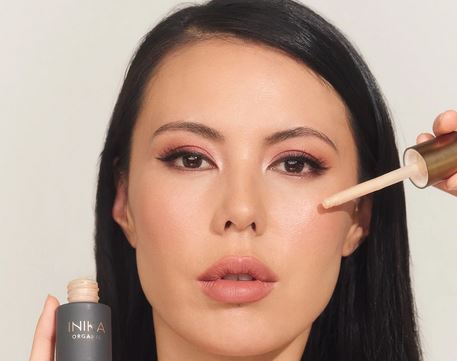 |
| Achieving a Radiant Glow with Highlighter |
 |
| The Benefits of Using Sulfate-Free Shampoos and Conditioners |
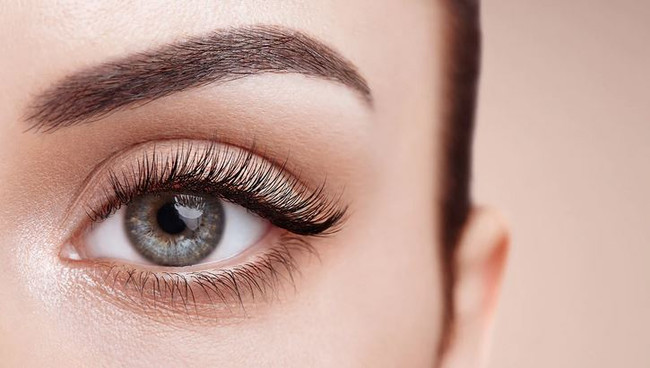 |
| Deep-set eyes makeup tips |
 |
| How to Properly Clean and Sanitize Your Makeup Products |
 |
| Achieving the No-Makeup Makeup Look |
 |
| The Art of Updos: Elegant Hairstyles for Formal Events |
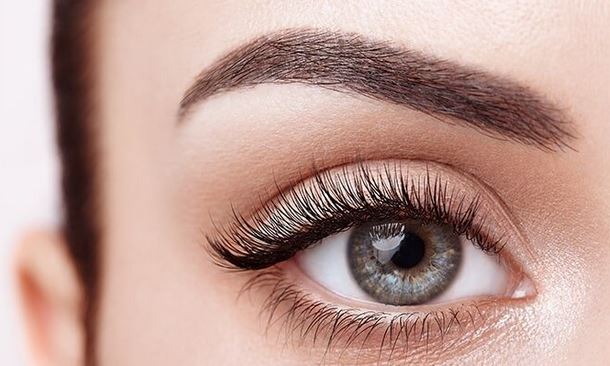 |
| The Art of Perfecting Your Eyebrow Shape |
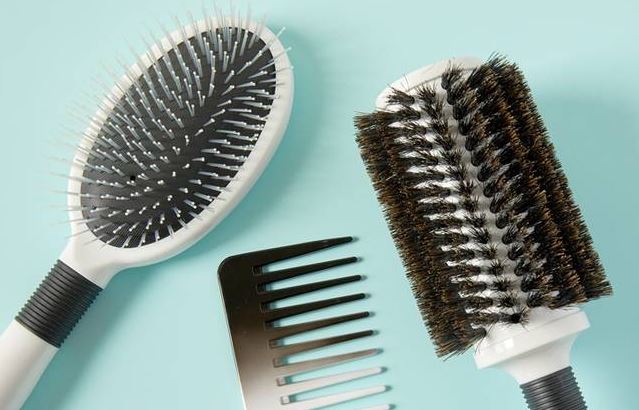 |
| Choosing the Right Hair Brush for Your Hair Type |
 |
| The DOs and DONTs of wearing statement pieces |
